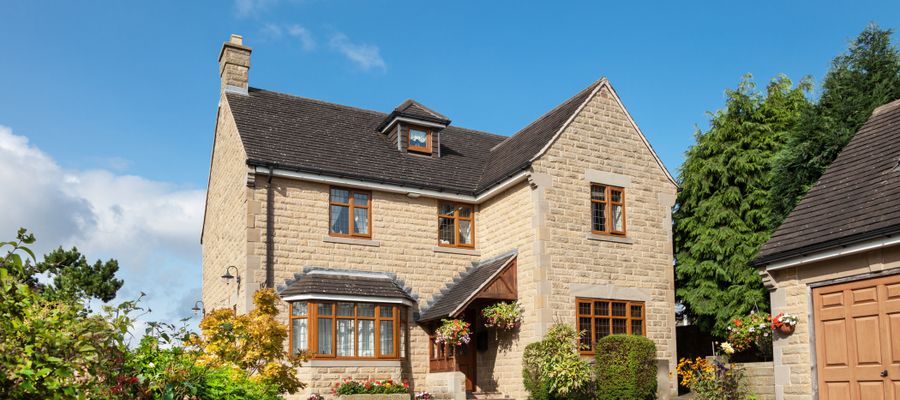In a series of monthly guest blog posts, we’ll be exploring the dos and don’ts, and the hows and whys of looking after stone and brick buildings and specialist materials within them. As you’ll see, while specialist knowledge is necessary, maintenance and the vigilance of Owners and Guardians can help greatly. The advice comes from our expert advisers, Prelude Stone, whose craftsmen have been doing exactly that for over 35 years. Let’s start with the three basic materials under consideration: Natural Stone, Brick and Stucco…
THE BASIC MATERIALS
1: Natural Stone
Natural stone’s popularity is down to its durability, practicality, good looks and versatility. All of our treasured stone and brick buildings will, at some time, require cleaning and/or repair. This requires detailed understanding of a huge variety of stones and techniques as each one, whether it is Bath, Portland, Granite, Yorkstone or Marble, requires individual treatment with further consideration depending upon whether we’re talking external walls, pathways and patios or internal features.
2: Brick
Bricks have been in use as a building material for over 10,000 years. Since then, bricks have undergone continuous development with a few hundred different types and brands having made their appearance over the last 150 years. Yes, the base materials of traditional bricks are fixed: sand, clay, lime, iron oxide and magnesia, but the proportion of each can vary by double or more. And the precise make-up of the brick dictates the type of mortar, the style of pointing and the cleaning materials that must be used. So, for example: as a hard cement mortar deteriorates slower than that of a soft brick, the pointing will be left proud and at the increased mercy of rain, frost etc. Using an incompatible mortar can also cause cracking when buildings move slightly. A compatible mortar avoids this as both bricks and mortar can move together.
We will return to pointing in a future post when we will look at the traditional styles that have been created over the centuries to suit different bricks and different requirements.
3: Stucco & Render
Stucco is evocative but it is also, really, just another specialist building material requiring specialist care - a mix of sand (or another base such as powdered marble or ground glass), lime and [Portland] cement applied while wet to create a durable exterior rendering for masonry in imitation of fine stonework and to mould into architectural decorations.
As for Rendering – it’s the specialist craft of applying stucco across larger, flat and generally (but not exclusively) exterior surfaces. In short, all stucco is render but not all render is stucco!
Before and after restoration by Prelude Stone
http://www.preludestone.co.uk/preludeportfolio/norman-house-rye
SO WHAT CAN I DO?
The simple answer is to check your property regularly…
These building materials have a fascinating history and complex requirements for their long-term maintenance – but that doesn’t mean there’s nothing you can do. That old saying of a stitch in time saves nine is the mantra of building maintenance.
Walk round the property every 4-6 weeks, looking at paving and pathways, the façades and roof (use binoculars if necessary) to check for cracking, chipping or other damage
Also, if you can see staining, your guttering may well need clearing. Indeed, guttering should be checked and cleared annually
Always check after particularly heavy rain, when snows have melted or a period of heavy winds
Consider having an annual drone survey– so much cheaper than erecting scaffolding to gain access – and particularly good at checking chimneys!
If you are aware of previous work having been done, check with experts that the repairs used compatible materials
And one last tip – never use high pressure water hoses on either pointed stone, pointed brickwork or stucco and other rendered exteriors - especially if it is cracked, chipped or showing other signs of wear and tear. The water is likely to loosen or remove the pointing and exacerbate any damage. In this arena, cleaning is a specialist skill.
Before and after specialist cleaning by Prelude Stone
http://www.preludestone.co.uk/our-work/cleaning
If you are the owner or guardian of a beautiful historical or listed building and would like some friendly advice about the upkeep or restoration of your property, Prelude Stone will happily answer any questions without obligation.
Call 01959 580360, email hello@preludestone.co.uk or visit www.preludestone.co.uk for more information.
Don’t forget to mention you have come through Greycoat Lumleys!
Related Articles
How have private household roles changed since the days of Downton Abbey?
Why you should consider moving to North East England: Northumberland, Tyne & Wear, Durham, Cleveland
Professional food photography: the key to selling your services as a Chef


